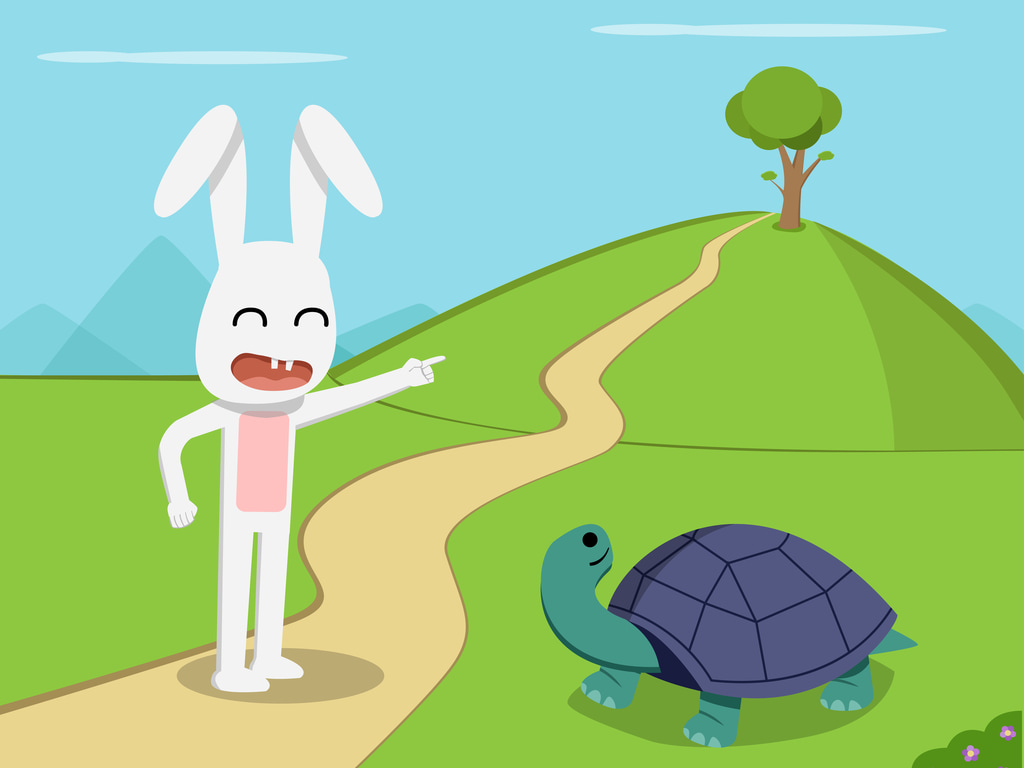
Most of us have seen students who seem like "hares." They're the ones who just get things, whether it's solving a tough math problem or writing an amazing essay without much effort. It looks like they're just naturally talented. But what happens when they face a real challenge? Sometimes, they give up because they've never had to struggle. Their belief is in their natural talent, and when that talent isn't enough, they don't know what to do.
This is what behavioral scientists call a fixed mindset. It's the belief that your abilities are set in stone—you're either smart or you're not. When things get tough, a person with a fixed mindset thinks, "I guess I'm just not good at this," and they stop trying.
The Tortoise's Mindset: The Science of Growth
The tortoise, however, has a completely different mindset. It doesn't believe it's naturally superior. It believes in steady progress. This is known as a growth mindset, and it's the belief that your abilities can be developed through hard work and dedication.
Here's the cool part: your brain is on the tortoise's side. Behavioral science shows that when you practice a skill or study a difficult subject, you’re not just learning facts; you're building new connections in your brain. This is called neuroplasticity. It's your brain's amazing ability to change and adapt.
Every time you struggle with a problem and stick with it, you're literally strengthening those neural pathways. It's like turning a dirt path into a superhighway for information. The more you use it, the stronger it gets.

.jpeg)



